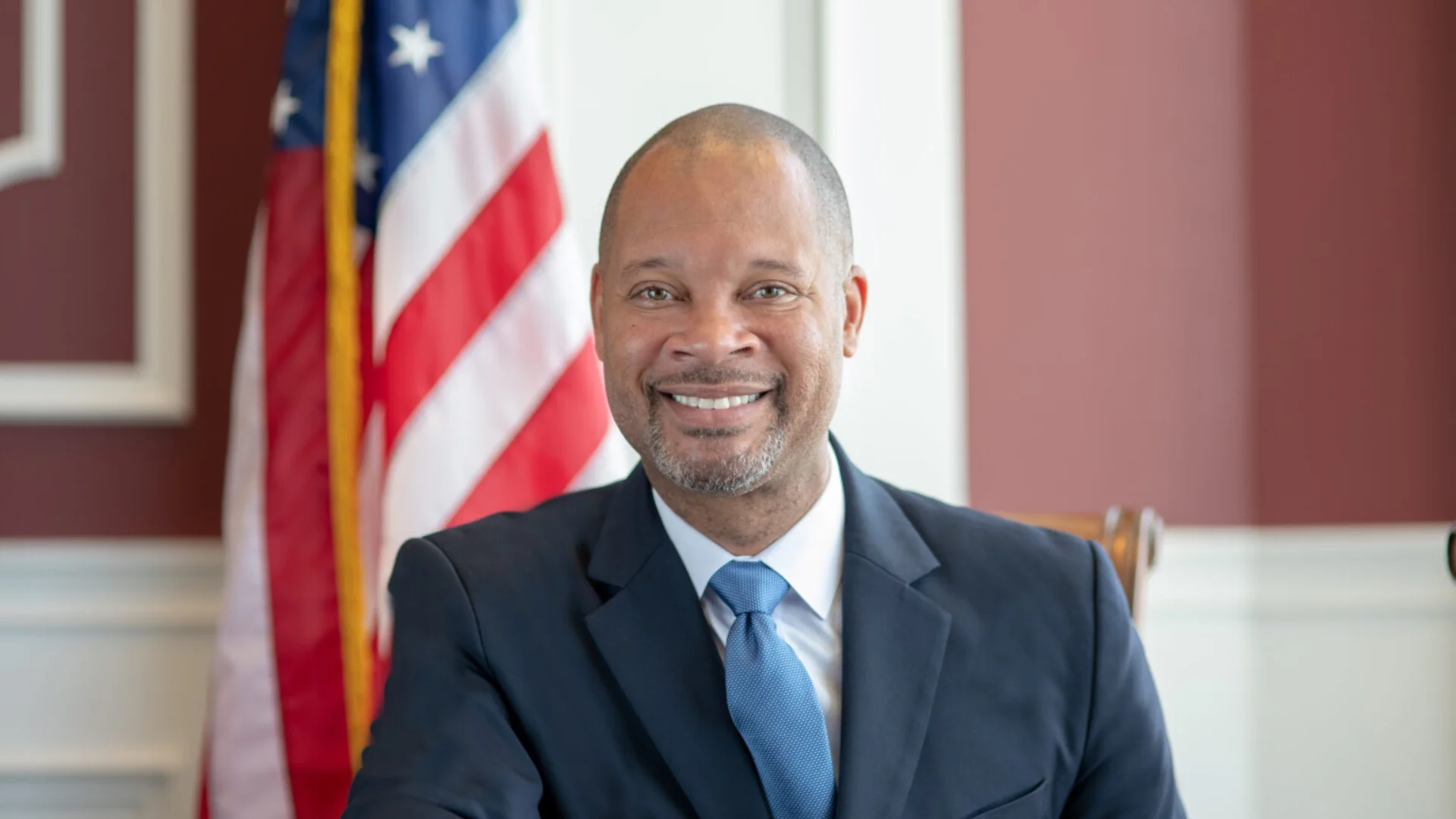Nevada Attorney General Aaron D. Ford announced his participation in a coalition of 17 state attorneys general who have filed an amicus brief with the U.S. Court of Appeals for the First Circuit. The case, Doe v. Noem, involves urging the court to uphold a lower court's decision regarding the CHNV parole program. This program enables over 500,000 immigrants from Cuba, Haiti, Nicaragua, and Venezuela to maintain legal status in the United States.
Attorney General Ford stated: "Upending the lives of 500,000 legal immigrants who have done nothing but flee crises in their home countries is not only cruel — it offers nothing beneficial to Americans." He emphasized that these individuals are integral members of communities across states and removing them would cause significant harm.
The CHNV parole program was established under the Biden-Harris Administration by the U.S. Department of Homeland Security (DHS) during 2022 and 2023. It provides two-year legal residency for humanitarian reasons to those fleeing violence and harsh conditions in their home countries. However, an Executive Order from President Trump directed DHS to terminate this program along with other similar pathways.
A district court had previously issued a preliminary injunction against DHS’s termination of CHNV parole. The court found that revoking parole en masse was based on flawed reasoning and could lead to irreparable harm by leaving immigrants without legal status or means of support. Although the Supreme Court stayed this injunction, the case is currently on appeal in the First Circuit.
The coalition's brief supports maintaining the district court's decision, arguing that ending CHNV parole would disrupt families and economies while worsening labor shortages and public safety concerns.
Massachusetts, Illinois, and New York led this effort alongside attorneys general from California, Connecticut, Delaware, District of Columbia, Hawaii, Maine, Maryland, Minnesota, New Jersey, Oregon, Rhode Island, Vermont, Washington and Wisconsin.


